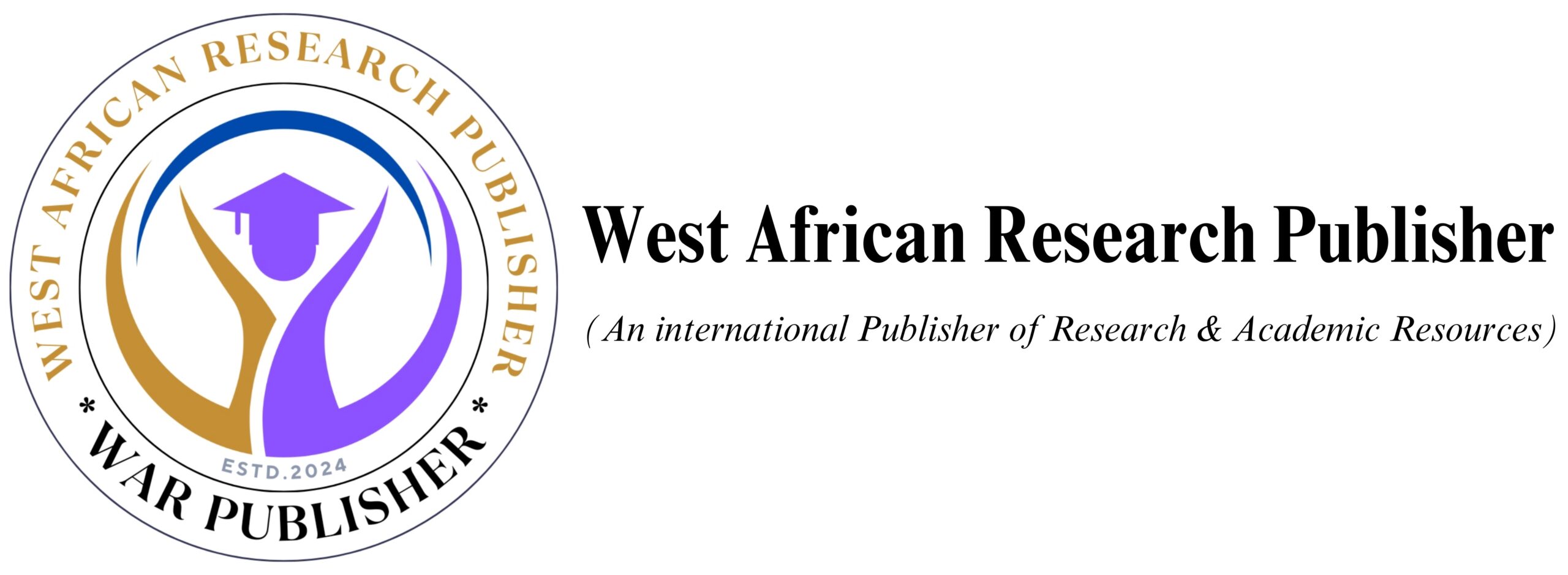ARTIFICIAL INTELLIGENCE AND THE EFFECTIVENESS OF AUDIT QUALITY IN NIGERIA: EXPLORING AUDITORS’ PERSPECTIVES
This study investigates the impact of Artificial Intelligence (AI) on the effectiveness of audit quality in Nigeria from auditors’ perspectives. Focusing on three core AI dimensions AI adoption rate, AI maturity and AI reliance the study explores how these constructs shape audit outcomes in terms of objectivity, accuracy, compliance and risk assessment. Using a structured survey distributed to 500 professional auditors across audit firms, regulatory bodies and listed companies, the study analyzed responses from 412 participants in addition to the 15 percent attrition added. Data was subjected to descriptive statistics, factor analysis and multiple regression analysis via SPSS. Results indicates that AI adoption rate significantly enhances audit effectiveness by improving fraud detection and audit precision. AI maturity was found to positively influence the strategic integration of technology in audit workflows, enhancing timeliness and compliance. However, while AI reliance also showed a positive influence, excessive dependence could compromise professional skepticism and ethical judgment. The study emphasizes the importance of balanced AI usage, continuous professional training and regulatory support for optimal AI integration in auditing. Key policy recommendations include developing ethical frameworks, enhancing auditor competence and establishing AI maturity benchmarks. This research contributes to the literature on technology in auditing and provides a strategic guide for audit firms and regulators navigating AI transformation in emerging economies like Nigeria.
Keywords: Artificial Intelligence, Audit Quality, AI Adoption Rate, AI Maturity and AI Reliance

